- Get link
- X
- Other Apps
The Path to Success as a DevOps Engineer: A Comprehensive Roadmap for a Thriving DevOps Career
Step 1: Acquire a Solid Foundation in Software Development
The first step in your DevOps journey is to have a solid foundation in software development such as:
Learn programming languages:
As a DevOps engineer, it’s important to be familiar with a variety of programming languages and tools, as the role often requires automating tasks, writing scripts, and building infrastructure as code. Here are some popular programming languages and tools that you may want to consider learning:
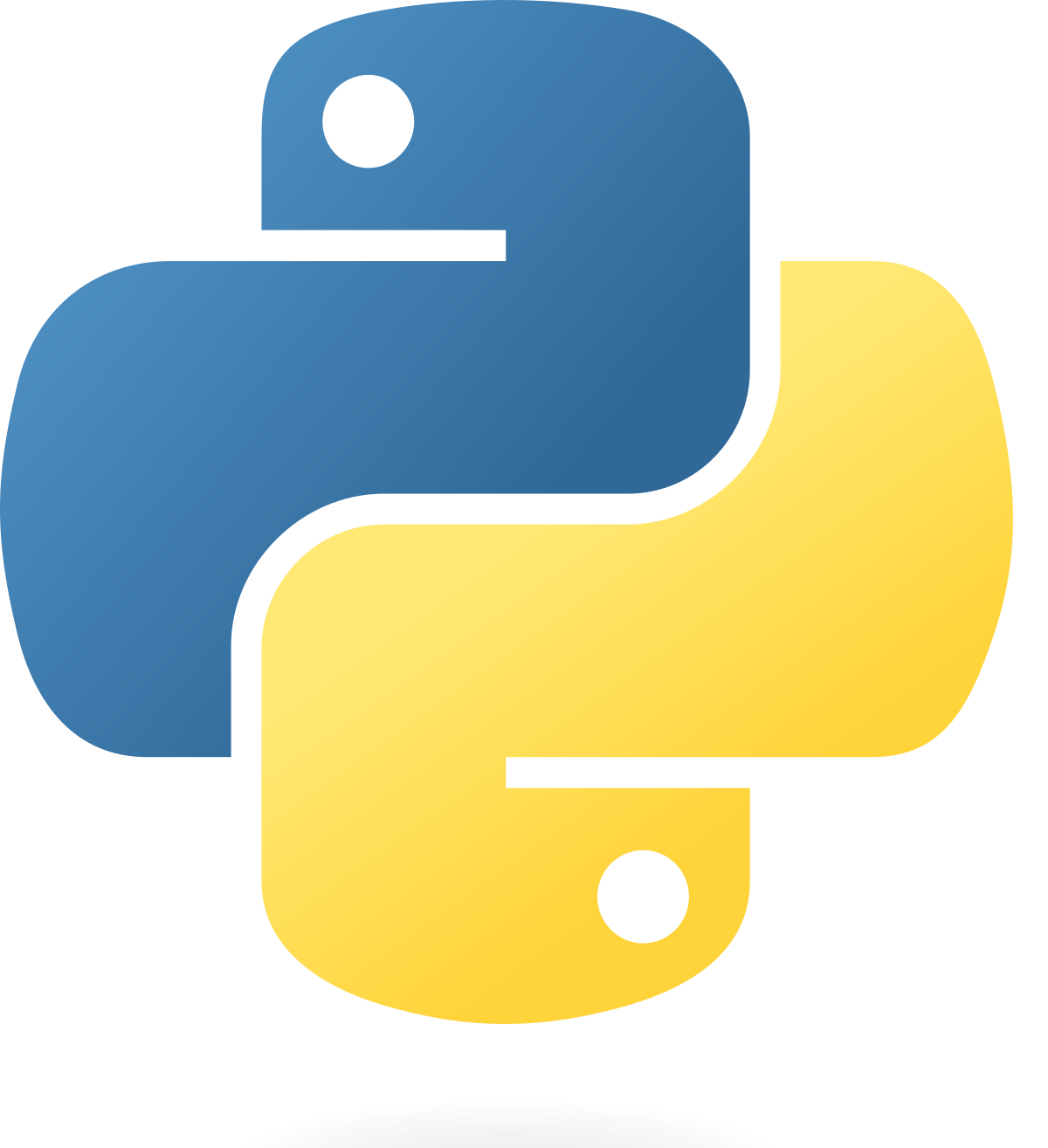 Python is a versatile and widely used programming language popular in DevOps for its simplicity, readability, and large community. Learning Python can be very beneficial for a DevOps Engineer as it is commonly used for automation and scripting tasks. So you should learn how to write scripts that can perform repetitive tasks, automate deployments, and manage infrastructure.
Python is a versatile and widely used programming language popular in DevOps for its simplicity, readability, and large community. Learning Python can be very beneficial for a DevOps Engineer as it is commonly used for automation and scripting tasks. So you should learn how to write scripts that can perform repetitive tasks, automate deployments, and manage infrastructure.
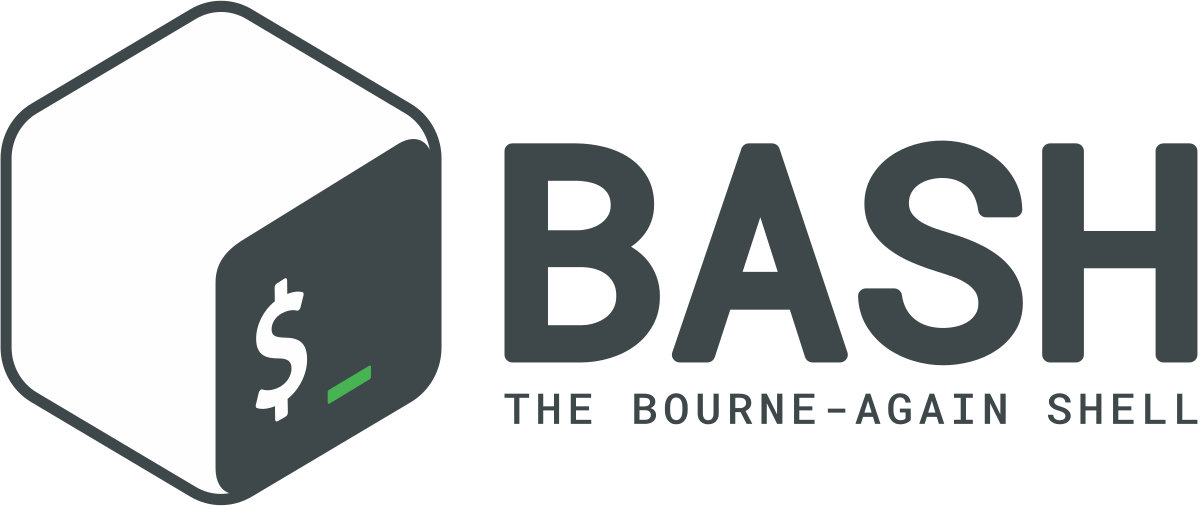 Bash is a shell scripting language that’s commonly used in DevOps for automation tasks, such as setting up and configuring systems, and for writing scripts for various tasks. Before you dive into writing complex scripts, start by learning the basics such as navigating the file system, working with files and directories, and using basic commands like ls, cd, cp, etc.
Bash is a shell scripting language that’s commonly used in DevOps for automation tasks, such as setting up and configuring systems, and for writing scripts for various tasks. Before you dive into writing complex scripts, start by learning the basics such as navigating the file system, working with files and directories, and using basic commands like ls, cd, cp, etc.
 Go is a statically typed, concurrent, and garbage-collected programming language that’s well-suited for building scalable and performant applications, making it a popular choice in DevOps. It is a popular choice for building scalable and efficient applications, especially in the DevOps space.
Go is a statically typed, concurrent, and garbage-collected programming language that’s well-suited for building scalable and performant applications, making it a popular choice in DevOps. It is a popular choice for building scalable and efficient applications, especially in the DevOps space.
![]() Ruby is a dynamically typed, interpreted language that’s often used for writing automation scripts, as well as for building and testing infrastructure as code. It is a popular language for DevOps, as it has a lot of libraries and tools that are designed specifically for this field. There are many tools in the DevOps toolchain that are written in Ruby. Some of the most popular ones include Chef, Puppet, and Ansible. Start with one of these tools and learn how to use it for automation tasks.
Ruby is a dynamically typed, interpreted language that’s often used for writing automation scripts, as well as for building and testing infrastructure as code. It is a popular language for DevOps, as it has a lot of libraries and tools that are designed specifically for this field. There are many tools in the DevOps toolchain that are written in Ruby. Some of the most popular ones include Chef, Puppet, and Ansible. Start with one of these tools and learn how to use it for automation tasks.
 Terraform is an infrastructure as a code tool that allows you to define, manage, and version your infrastructure resources in a safe and predictable manner. It supports multiple cloud providers, and it can be used to automate the deployment of applications.
Terraform is an infrastructure as a code tool that allows you to define, manage, and version your infrastructure resources in a safe and predictable manner. It supports multiple cloud providers, and it can be used to automate the deployment of applications.
 Ansible is an open-source automation platform that’s used for configuration management, deployment, and orchestration. It’s simple to learn and use, making it a popular choice among DevOps engineers. You need to understand the basics of Ansible and its components such as modules, playbooks, inventory, etc.
Ansible is an open-source automation platform that’s used for configuration management, deployment, and orchestration. It’s simple to learn and use, making it a popular choice among DevOps engineers. You need to understand the basics of Ansible and its components such as modules, playbooks, inventory, etc.
These are just a few examples of programming languages and tools that are commonly used in DevOps. Still, there are many others that may also be useful depending on your specific needs and requirements.
Next is…
Study operating systems:
As a DevOps professional, it is important to have a solid understanding of operating systems (OS) and their role in the overall software development and deployment process. Some of the key operating systems you should study include:
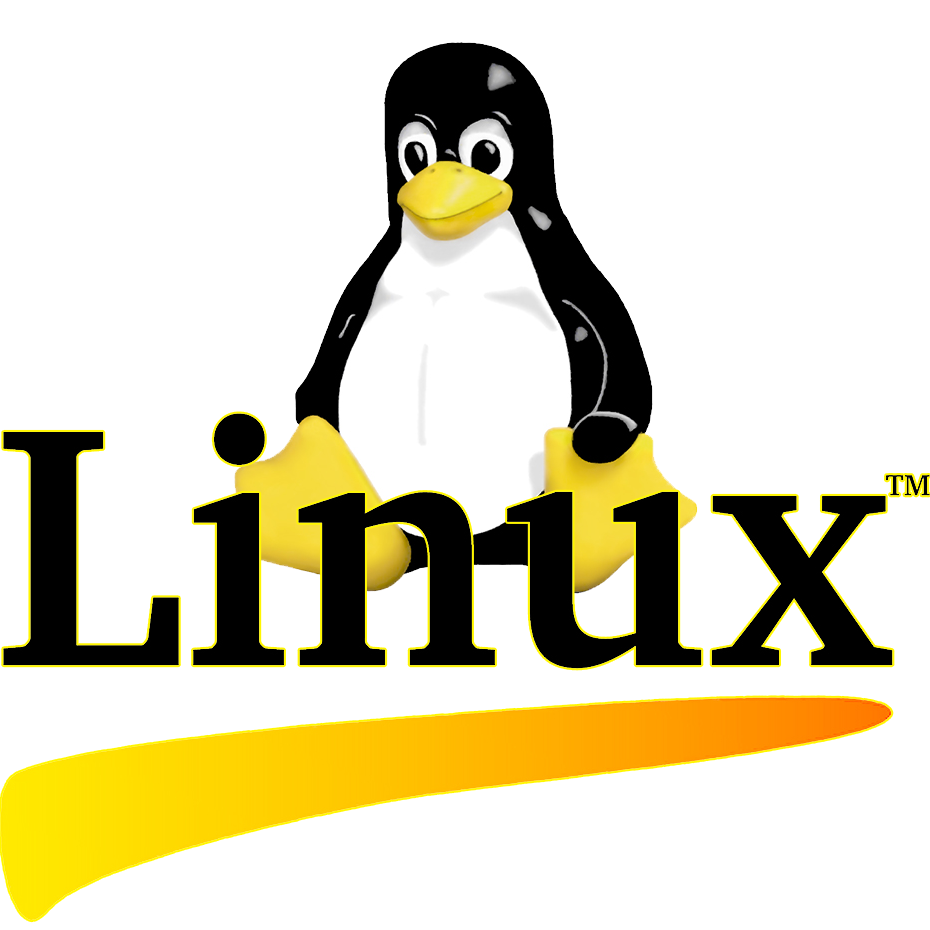 Linux is one of the most popular open-source operating systems used in DevOps. It provides a robust and flexible environment for software development and deployment, making it a favorite among DevOps professionals. Some of the popular Linux distributions for DevOps include Ubuntu, CentOS, and Red Hat.
Linux is one of the most popular open-source operating systems used in DevOps. It provides a robust and flexible environment for software development and deployment, making it a favorite among DevOps professionals. Some of the popular Linux distributions for DevOps include Ubuntu, CentOS, and Red Hat.
 Unix is another popular operating system used in DevOps. It provides a stable, secure, and scalable environment for software development and deployment. Some of the popular Unix-based operating systems used in DevOps include macOS, AIX, and Solaris.
Unix is another popular operating system used in DevOps. It provides a stable, secure, and scalable environment for software development and deployment. Some of the popular Unix-based operating systems used in DevOps include macOS, AIX, and Solaris.
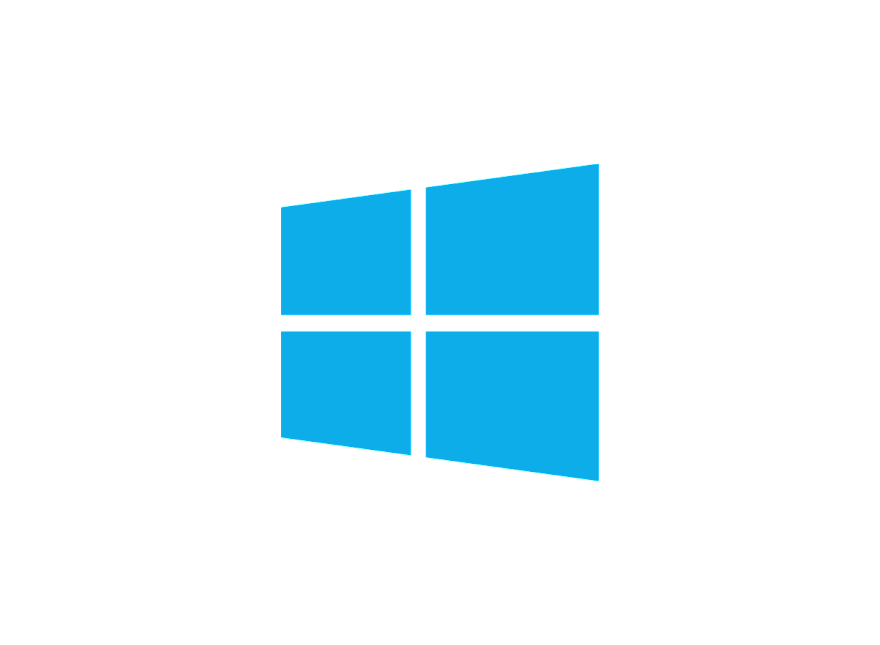 Windows is a popular operating system used in many organizations, and it is important for DevOps professionals to have a basic understanding of its capabilities and limitations. Windows Server is the main version of Windows used in DevOps, and it provides many features and tools for automating software deployment and management.
Windows is a popular operating system used in many organizations, and it is important for DevOps professionals to have a basic understanding of its capabilities and limitations. Windows Server is the main version of Windows used in DevOps, and it provides many features and tools for automating software deployment and management.

DevOps Certification Training Course
In addition to studying these operating systems, it is also important for DevOps professionals to have a solid understanding of fundamental computer science concepts, such as networking, security, and system administration.
Step 2: Master the Key Tools and Technologies of DevOps
The next step is to master the key tools and technologies of DevOps, including version control systems like Git, automation tools like Ansible and Puppet, and continuous integration and continuous delivery (CI/CD) tools like Jenkins. You should also have a good understanding of cloud computing and be familiar with at least one cloud platform, such as AWS, Google Cloud, or Microsoft Azure.
Review networking security and protocols:
As a DevOps professional, understanding the fundamentals of networking security and protocols is critical to ensuring the security and stability of your infrastructure. Here is an overview of some important concepts and protocols in the field of network security:
![]() A firewall is a security system that monitors and controls incoming and outgoing network traffic based on predetermined security rules. Firewalls are used to prevent unauthorized access to sensitive information and can be implemented as hardware devices or software applications.
A firewall is a security system that monitors and controls incoming and outgoing network traffic based on predetermined security rules. Firewalls are used to prevent unauthorized access to sensitive information and can be implemented as hardware devices or software applications.
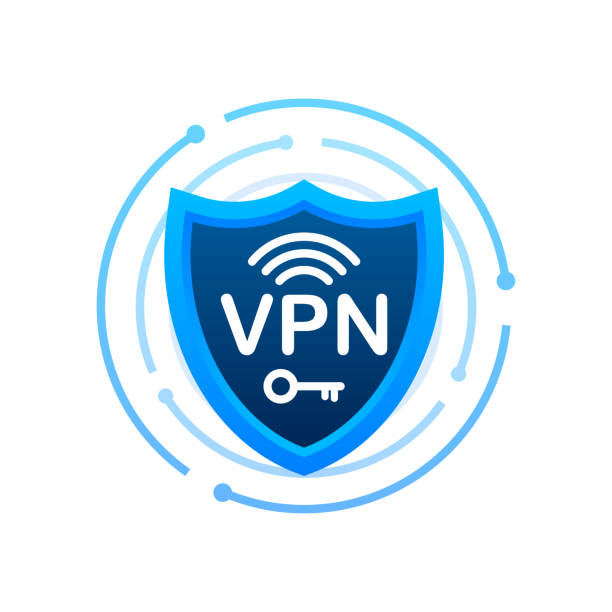 A VPN is a secure network that is created over a public network, such as the Internet, to allow remote users to securely access the network as if they were directly connected to the network. VPNs use encryption and authentication to secure communications between the remote user and the network.
A VPN is a secure network that is created over a public network, such as the Internet, to allow remote users to securely access the network as if they were directly connected to the network. VPNs use encryption and authentication to secure communications between the remote user and the network.
 TLS and SSL are cryptographic protocols that are used to secure communications over the Internet. These protocols are commonly used to secure Web traffic, email, and other forms of Internet communication.
TLS and SSL are cryptographic protocols that are used to secure communications over the Internet. These protocols are commonly used to secure Web traffic, email, and other forms of Internet communication.
![]() SSH is a secure network protocol used to remotely log into systems, execute commands, and transfer files. SSH provides secure encrypted communications between two untrusted hosts over an insecure network.
SSH is a secure network protocol used to remotely log into systems, execute commands, and transfer files. SSH provides secure encrypted communications between two untrusted hosts over an insecure network.
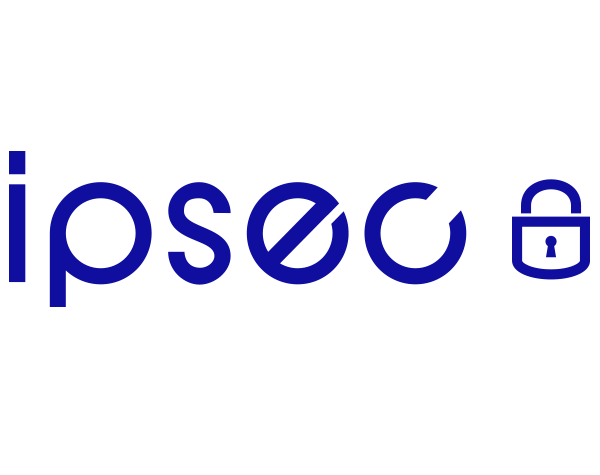
IPSec is a protocol suite for secure IP communication that is used to secure communications over an IP network. IPSec provides data confidentiality, data integrity, and data authenticity for IP communications.
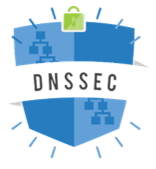 DNSSEC is a set of extensions to the Domain Name System (DNS) that provides origin authentication of DNS data, the integrity of the data, and protection against data tampering.
DNSSEC is a set of extensions to the Domain Name System (DNS) that provides origin authentication of DNS data, the integrity of the data, and protection against data tampering.
These are just a few of the many networking security protocols and concepts that are important for DevOps professionals to understand. By staying up to date with these and other security technologies, you can help ensure the security and stability of your infrastructure.
Understand Infrastructure as Code
Infrastructure as Code (IAC) is a DevOps practice that involves using code to manage and automate the deployment and management of infrastructure. The idea behind IAC is to treat infrastructure, including servers, networking components, and other IT resources, as a programmable assets. This approach allows for the creation, modification, and provisioning of infrastructure through code, making it easier to manage, version, and track changes to IT resources.
With IAC, developers and operations teams can work together to automate the provisioning and management of infrastructure in a consistent, repeatable, and reliable manner. This helps to reduce the time and effort required to manage infrastructure manually and eliminates the risk of human error. Additionally, IAC makes it easier to scale and manage infrastructure in a dynamic and fast-paced environment and enables organizations to quickly respond to changes in business requirements or market conditions.
DevOps Training
Common tools and technologies used to implement IAC include:
Configuration Management tools such as Puppet, Chef, and Ansible, allow organizations to automate the configuration and management of servers, networking components, and other IT resources.
Cloud Infrastructure Management tools such as AWS CloudFormation, Google Cloud Deployment Manager, and Microsoft Azure Resource Manager, enable organizations to manage infrastructure in a cloud environment.
Infrastructure as a Service (IaaS) platforms such as Amazon Web Services (AWS), Microsoft Azure, and Google Cloud Platform provide organizations with a programmatic interface for managing infrastructure.
Hence, Infrastructure as Code is an important DevOps practice that enables organizations to manage and automate the deployment and management of infrastructure in a consistent, repeatable, and reliable manner.
Study cloud providers:
There are several cloud providers that are popular among DevOps professionals, including:
Amazon Web Services (AWS): AWS is the largest and most mature cloud provider, offering a wide range of services, including computing, storage, database, security, and more. AWS provides both infrastructure as a service (IaaS) and platform as a service (PaaS) offerings, making it a great choice for organizations of all sizes.
Microsoft Azure: Microsoft Azure is a cloud platform that provides a wide range of services, including computing, storage, database, machine learning, and more. Azure is especially well suited for organizations that are already using Microsoft products, as it integrates well with other Microsoft offerings.
Google Cloud Platform (GCP): GCP provides a wide range of services, including computing, storage, database, security, and more. GCP is particularly well suited for organizations that need to process large amounts of data, as it provides powerful data processing and storage capabilities.
IBM Cloud: IBM Cloud is a cloud platform that provides a wide range of services, including computing, storage, database, machine learning, and more. IBM Cloud is especially well suited for organizations that need to run complex, data-intensive workloads, as it provides powerful data processing and storage capabilities.
Alibaba Cloud: Alibaba Cloud is a cloud platform that provides a wide range of services, including computing, storage, database, security, and more. Alibaba Cloud is especially well suited for organizations that do business in Asia, as it provides strong data privacy and security measures for organizations operating in that region.
These cloud providers all offer a range of tools and services to support DevOps practices, such as automation, continuous integration and delivery, monitoring, and more. It’s important to evaluate your organization’s needs and requirements before choosing a cloud provider, as each provider has its own strengths and weaknesses.
Browse Categories
Adopt Continuous Integration/Continuous Deployment tools:
Continuous Integration (CI) and Continuous Deployment (CD) are essential tools for modern DevOps practices. They automate and streamline the software development and deployment process, ensuring that code changes are quickly and reliably integrated, tested, and deployed. Continuous Deployment takes the concept a step further by automating the deployment of code changes to production, once they have passed all tests and quality checks. This allows organizations to rapidly release and deploy new features and bug fixes to their users.
There are several CI/CD tools available, both open source and commercial, that can be used to implement CI/CD workflows, including:
- Jenkins
- Travis CI
- CircleCI
- GitLab CI/CD
- AWS CodePipeline
The right tool for your organization will depend on your specific needs and requirements, such as the programming languages you use, the size of your team, and your overall DevOps processes and infrastructure.
Adopting CI/CD tools can greatly improve the speed, efficiency, and reliability of your software development and deployment processes, and is a key step toward implementing a modern DevOps culture.
Step 3: Gain Hands-On Experience with DevOps Practices
The best way to learn DevOps is by doing. Try to get your hands dirty by working on real-world projects, whether they are personal projects or projects at work. This will help you gain practical experience with DevOps practices and tools, and give you the confidence you need to take on more complex tasks.
![]()
Step 4: Obtain DevOps Certifications

DevOps Certification Training Course
Weekday / Weekend BatchesCertifications are a great way to demonstrate your expertise and skills to potential employers. There are several DevOps certifications available, including the AWS Certified DevOps Engineer, the Red Hat Certified Engineer in DevOps, and the Docker Certified Associate. Choose a certification that aligns with your career goals and the technologies you are interested in, and start preparing for the exam.
Step 5: Join the DevOps Community
Joining the DevOps community is a great way to stay up-to-date with the latest trends and best practices, and connect with other professionals in the field as a DevOps Engineer. You can join online forums, attend DevOps meetups and conferences, and participate in online courses and boot camps to continue your education and growth.
Conclusion
Becoming a DevOps engineer is a challenging and rewarding journey. By following the steps in this blog, you can acquire the skills and knowledge you need to succeed in this exciting field. Remember to keep learning, stay up-to-date with the latest trends and technologies, and never stop improving your skills. If you have already decided to pursue your career in DevOps and wish to obtain a DevOps Certification course then enroll yourself in DevOps Engineer Masters Program. Happy Learning!
| Course Name | Date | |
|---|---|---|
| DevOps Certification Training Course | Class Starts on 26th June,2023 MON-FRI (Weekday Batch) | View Details |
| DevOps Certification Training Course | Class Starts on 31st July,2023 MON-FRI (Weekday Batch) | View Details |
| DevOps Certification Training Course | Class Starts on 5th August,2023 SAT&SUN (Weekend Batch) | View Details |
Recommended videos for you

DevOps Tutorial For Beginners
Watch Now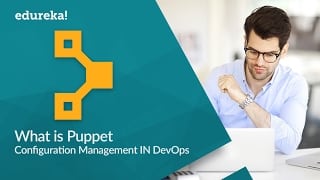
Puppet Tutorial – DevOps Tool For Configuration Management
Watch Now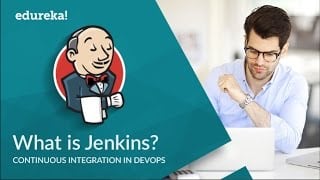
What is Jenkins? Continuous Integration With Jenkins
Watch Now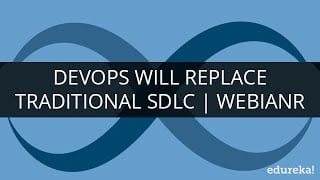
DevOps is Going to Replace SDLC! Learn Why
Watch Now
Top DevOps Interview Questions And Answers
Watch Now
Continuous Integration With Jenkins
Watch Now
What is Docker – DevOps Tool For Containerization
Watch Now
Ansible Tutorial For Beginners – Ansible Playbook
Watch Now
What is Git – A Complete Git Tutorial For Beginners
Watch Now
What is DevOps – A Beginners Guide To DevOps
Watch Now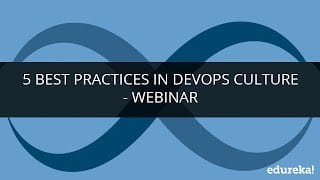
5 Best Practices In DevOps Culture
Watch Now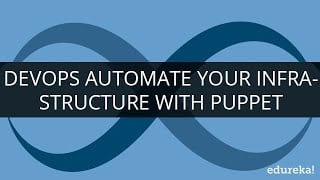
Devops : Automate Your Infrastructure With Puppet
Watch Now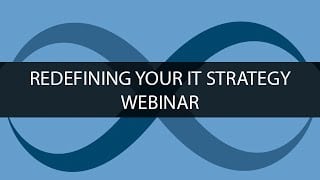
DevOps-Redefining your IT Strategy
Watch NowRecommended blogs for you

‘Git’ting Ahead: Hacking Git And GitHub Part 3
Read Article
Understanding Kubernetes Architecture
Read Article
Comments
Post a Comment